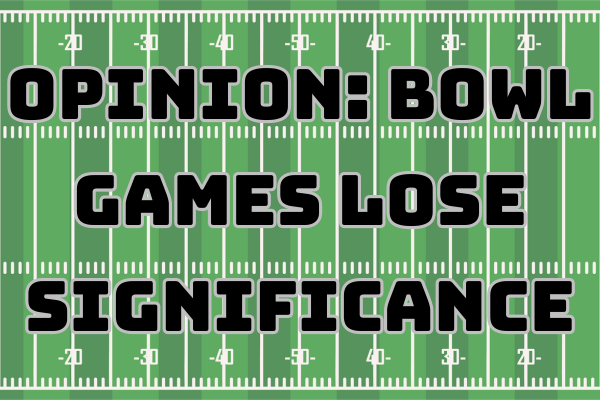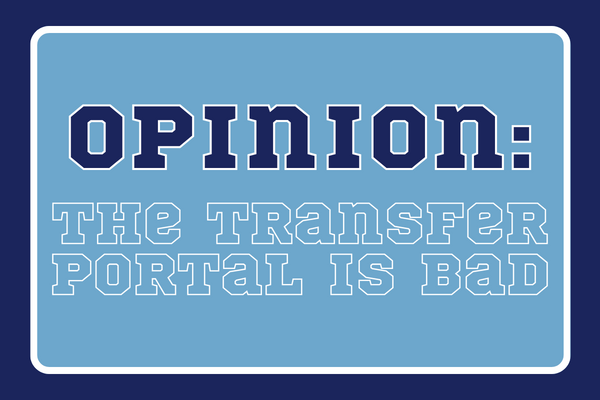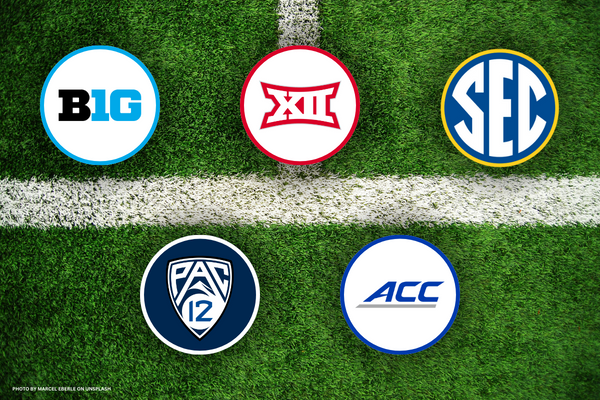
The Federal Communications Commission, spearheaded by Chairman Ajit Pai, will vote on a proposal to repeal Net Neutrality on Dec. 14. The proposal, if approved, will change the landscape of the internet, allowing Internet Service Providers (ISP) like Comcast, AT&T and Verizon to have free reign over the web.
When the FCC votes on this proposal to end net neutrality, a myriad of issues may appear, varying from a minor inconvenience to borderline unconstitutional. Here are some major changes that could come from the end of net neutrality:
Competition
ISP’s use techniques to keep their networks working smoothly and quickly. Under the regulatory net-neutrality laws put forth by the FCC in 2015, these techniques could not be used to limit competitors sites and data streaming speeds. This allows opportunities for all ISPs, large and small, to have a spot on the web. Critics say that without governmental regulation, a cutthroat form of regulatory capitalism will destroy the level playing field that has characterized the internet up to this point creating a multi-web monopoly. One large internet company, Comcast, has already repealed its earlier statements promising to uphold net neutrality, bringing up concerns about the ability of these major companies to block certain websites, hide websites under a paywall or limit customers’ internet connections.
Freedom of Expression
The free internet has long provided a voice for people who are usually disregarded in mass media. Without net neutrality, ISPs have the chance to remove or block out any message they could deem as dangerous, or even go as far as to remove a website that could potentially harm them. Think of it as if your boss at work deleted any emails that suggested he was doing something wrong. It could choke out any sort of freedom one could feel on the internet.
Innovation
Anyone can become internet famous. Anyone. But anyone can also use the internet as a medium to reach millions with their causes, ideas, or products. A neutral net allows everyone, including small companies or, you know, small-time student newspapers to have an equal speed and presence on the web as huge entertainment or media giants. A free net provides a greenhouse for innovative ideas to grow and take root with a huge audience. Critics can bring up issues, supporters can invest in ideas, and people are free to spend their time and money on whatever they choose. But with an internet that is controlled by major ISP’s, the little people will not have the motivation to innovate due to a sluggish slog through a hostile web.
Pricing
Whether you love watching YouTube videos or browsing social media on Twitter and Facebook, we’ve become accustomed to all of these services being free (outside of the internet bill itself). If net neutrality is repealed, ISPs can take a group of websites and block them from use unless you pay an additional fee. It’s similar to paying for premium television channels like HBO or Showtime, or logging on to an airplane’s wifi and having to pay a ridiculous amount just to send text messages. Expect companies like AT&T or Verizon to take advantage of this and charge their customers an extra monthly cost to use their favorite websites.
Some believe that regulation is necessary to maintain a free, open and competitive internet that millions depend upon for information, while others consider these regulations an overreach of the arms of government. This issue boils down to a simple question: who gets control of the World Wide Web? Major internet companies or the U.S. government?














